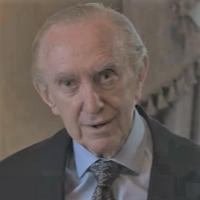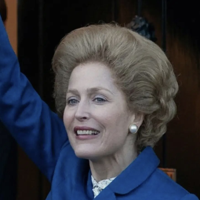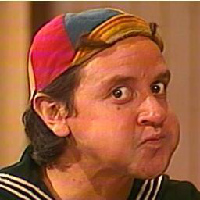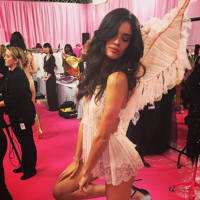Princess Margaret mbtiパーソナリティタイプ
個性
"Princess Margaretはどのような性格タイプですか? Princess Margaretは、ESFP in MBTI、3w4 - sx/so - 478 in Enneagram、SLUEN in Big 5、SEE in socionics のパーソナリティタイプです。"
7w8. Core desire is to have fun and enjoy life. Definitely big on thrills and experiences. She may have been raised in an image conscious society but she does not care as much about what people think of her. She throws convention to the wind more often than not for the sake of her own happiness and constantly embarrasses her family in her younger years. Her overindulgence in drinking, partying, and smoking, while not uncommon vices, are particularly associated with the 7, whose core sin is gluttony and core fear is being trapped or in pain (hence why it was so difficult for her to deal with her temperament and mental illness in the show). Likely a SP/SX but perhaps SX/SP. Less sure on the order of the stacking. I’d like to note that another commenter may have a point, Margaret may be a SX four and 4w3. However, I didn’t feel completely convinced of core motivations/fears despite the good trait description match up provided by another user. It’s important for typers to remember that enneagram is decided not only based on the traits one holds in common with a type but should be decided based on the core fears, motivations, and desires.
バイオグラフィー
Elizabeth's younger sister. More vivacious, modern and charismatic than Elizabeth, she resents living in her sister's shadow, but her own arrogance and wilful sense of independence creates just as many problems for Elizabeth.
個性 correlate

Diana, Princess of Wales

Queen Elizabeth II

Prince Philip, Duke of Edinburgh

Charles, Prince of Wales

Margaret Thatcher

Alan “Tommy” Lascelles

Winston Churchill

Anne, Princess Royal
















